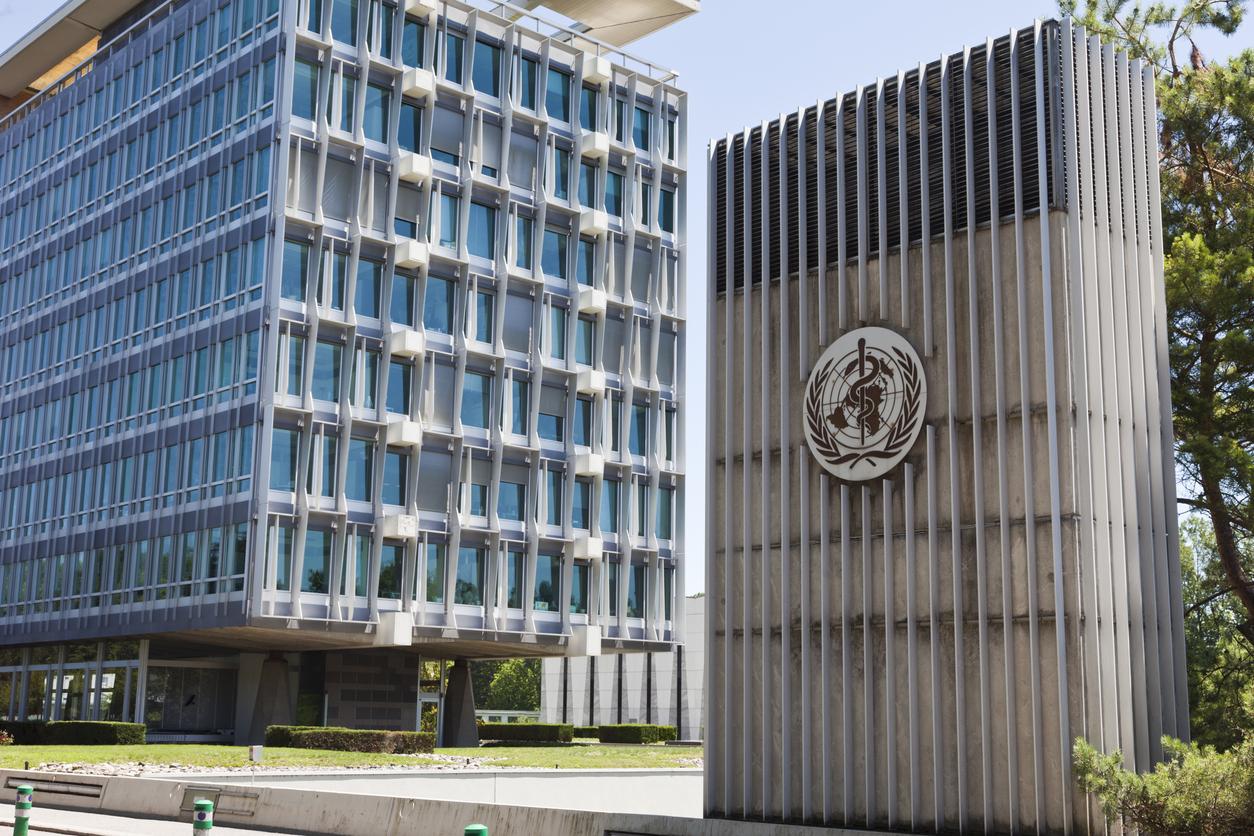2030 is tomorrow. And to imagine what prevention, new treatments and the ability of the French system to continue to provide everyone with optimal care will be on that date, LEEM, the pharmaceutical industry union, has undertaken a prospective work. A tool to better identify and understand what could happen and what will happen in 10 years.

A growing but aging population, more and more prevention, accelerating innovation, treatments and patient care methods that raise a lot of hope, but also a lot of questions about the capacity of our system of French health to follow these evolutions: such are the main chapters of a document carried out by the LEEMpharmaceutical industry union, to draw ten years in advance what our health will be like in 2030.
30 experts, among the most recognized in their discipline, took part in carrying out this prospective work. “The rapid increase in the population -but also its aging-, an unprecedented capacity for innovation with the arrival of artificial intelligence and a French social pact which wants everyone to be treated optimally whatever their illness: we are in the presence of a beautiful equation and it is important that we take care of it”, underlined Frédéric Collet, president of LEEM, during the program “La Santé en Questions” hosted by Dr Jean- François Lemoine and visible on the YouTube channel of Pourquoi Docteur.
Data analysis, prevention, early diagnosis
What, in more detail, are the major lessons to be drawn from this document? Firstly, in particular thanks to the development of new technologies, and particularly those based on the use and analysis of data, an expected generalization, beyond preventive actions, of early diagnoses, particularly useful for better results. in the management of serious diseases such as cancer.
“Today, in lung cancer, we are in 60 to 70% of cases in the presence of advanced tumours. Thanks to better screening -for example with the development of liquid biopsy-, we should have tomorrow a much larger proportion of tumors that will have remained localized, this will radically change the therapeutic strategy”, explains Professor Nicolas Girard, pulmonologist and oncologist, who imagines that his specialty will have more effective treatment within 10 years. “We will advance in the knowledge and understanding of the evolutionary engineering of tumors, and we will follow it to adapt treatments,” he says.
“Much more targeted treatments”
“We are going to experience a profound change in the way we treat patients”, confirms Professor Gilles Vassal, director of clinical research at the Gustave Roussy Institute. “Data is the future, it is a structuring element”, he adds, explaining how it will allow, in particular, to achieve a much finer measurement of treatments and to determine the best therapeutic strategies. “Before we had chemotherapy, today we have much more targeted treatments, tomorrow we will have means of action that will be adapted to the life of a tumour”.
“We are going to go to tailor-made and increase hope!” adds Philippe Lamoureux, general manager of LEEM, who also sees the appearance in the next 10 years of greater collaboration between all the health professions and a decompartmentalization of their practice.
An evolution of the role of all actors
Other avenues for improving care in many diseases are discussed in this LEEM document, but also innovations that have radically changed the role of all players, including patients who should be increasingly involved and empowered in their care pathway.
Care pathways whose improvement, for the economist Nicolas Bouzou, can also be a source of savings and productivity gains. Because this prospective work of the LEEM on health in 2030 does not avoid the angry subject, the eternal question of means, while the expected balance of the Social Security accounts has once again been postponed .
“Health, a field of investment”
“Innovation is expensive, but we must be able to pay this to all French people for whom health is the number one concern!” room for maneuver in terms of investment. A position which is in line with that of the leaders of LEEM: “Health must indeed be considered not as a cost but as a field of investment!”, thus affirms Frédéric Collet.
.

















